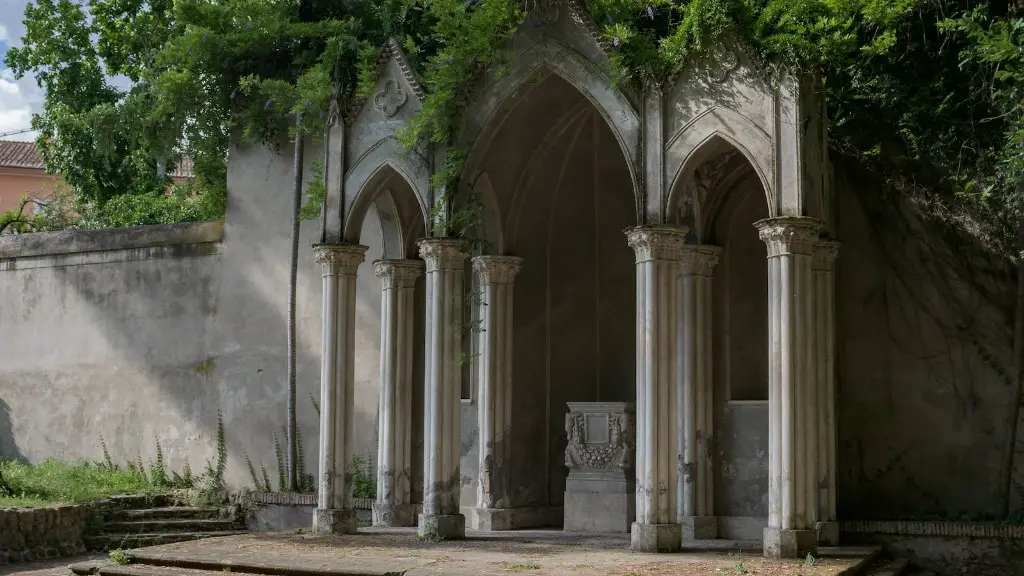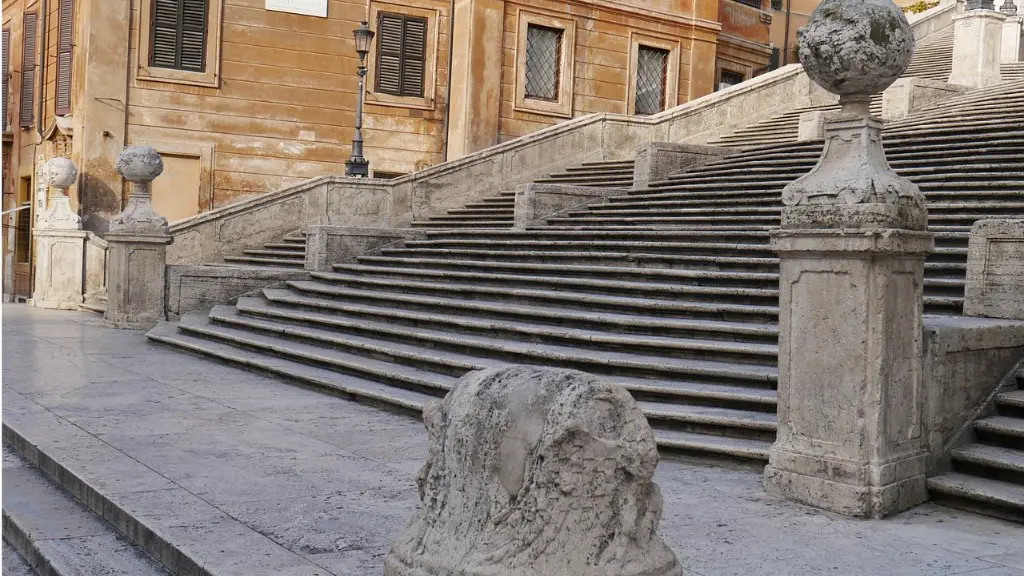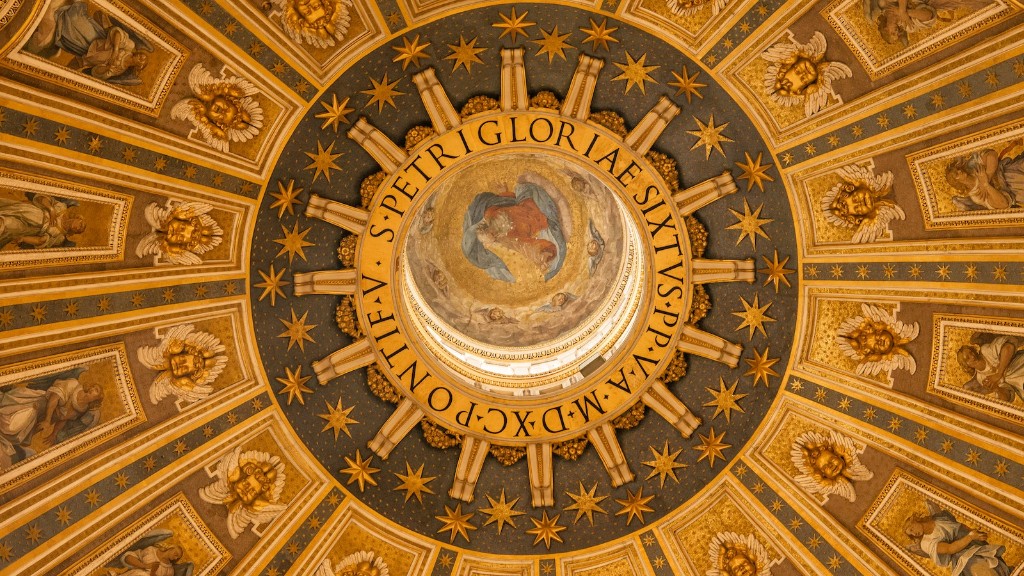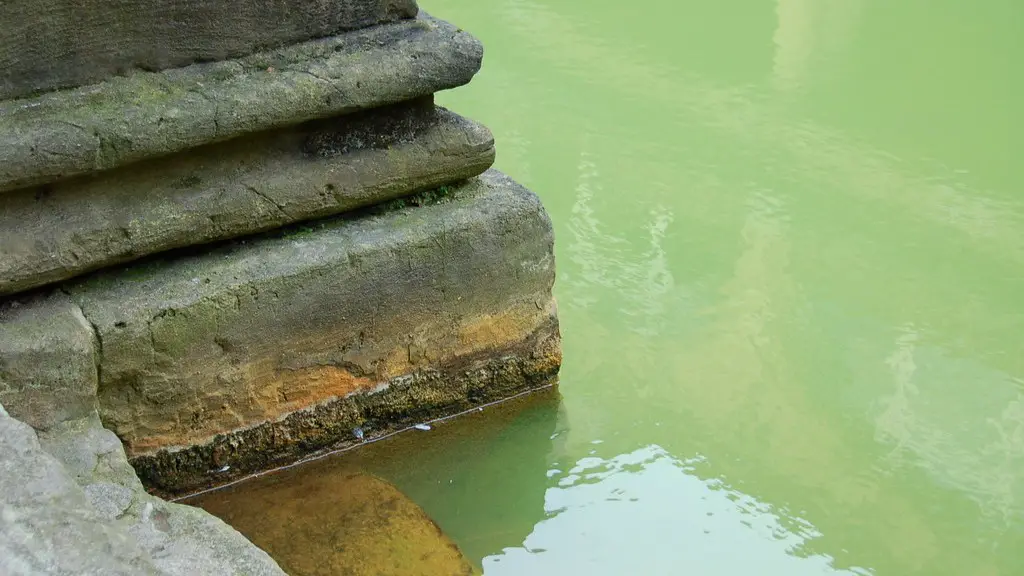Introduction
The emperor of ancient Rome is one of the most notorious and powerful figures in all of history. As Rome rose to become one of the most powerful empires in the world, so too did the power of the emperor. The emperor’s role in the functioning of ancient Rome was incredibly influential in both good and bad ways, with their decisions impacting the lives of individuals, communities, and the nation as a whole. In this article, we will explore what the role of emperor was in ancient Rome, why it was so important, and how it impacted Roman life.
The Power of the Emperor
The emperor of Rome was the highest authority in the government, with absolute power and control. Any issue or decision had to be approved by the emperor, meaning their decisions would affect all aspects of Roman life, from the economy to religion and from military matters to public forms of entertainment. The emperor had the power to appoint senators, declare war, and govern the provinces within the empire. They were also responsible for conducting trials and granting judgments, as well as promoting and demoting senators and ruling on matters concerning civil law.
The Emperor’s Impact on Society
The emperor had an immense effect on the people of Rome. Their decisions would shape the political, economic, and military decisions made by the empire, meaning their influence was far-reaching. Additionally, the emperor was seen as a divine figure and had tremendous religious and ceremonial importance. In other words, their decisions would not only affect the tangible reality, but they would also directly connect the people’s lives to their gods.
The Role of Emperor in Literature and Art
The impact of the emperor transcended beyond government and religion to influence the way that Roman citizens lived their lives. During the Roman Empire, a great deal of literature was produced in the emperor’s honour. Writers, poets, and playwrights wrote stories and plays centring on the emperor and emperors were frequently discussed in panegyrics. Artifacts, statues, and paintings with the emperor’s portrait were also common, depicting the figure as a powerful and almost divine being.
The Emperor’s Powers in Decline
By the height of the Roman Empire, the emperor’s powers had spiralled out of control. The government had become corrupt, and the emperor had lost influence in many parts of the empire. This culminated in the crisis of the Third Century, during which the military had become too powerful and attempted to gain control of the empire for themselves. This was a major factor in the decline of the Roman Empire, highlighting the enormous power that the emperor had once wielded.
The End of the Emperor
The end of the Roman Empire marked the end of the emperor’s rule. The last emperor of Rome, Romulus Augustus, was defeated in 476 AD and the position of emperor officially ended. From then on, the authority was divided between local rulers and the Church, who had become increasingly powerful in Rome. This marked the end of centralised power and the start of the Middle Ages.
Other Aspects of the Emperor’s Power
Aside from their political, religious and cultural roles and powers, the emperors of Rome also held great military powers. They were responsible for appointing generals, organising military campaigns and leading armies in battle. Their commands were also decisive, as their decisions would determine the fate of the Roman Empire and its people.
Conclusion
The role of the emperor in ancient Rome was one of absolute power and control. They had an enormous influence over the people’s lives, from the government and religious matters to the literature and art that surrounded them. The power of the emperor was in large part responsible for the rise and ultimate decline of the Roman Empire, with their authority becoming far too great to handle. Even after the end of their rule, their influence could still be felt throughout the empire.
Impact on Religion
The Roman emperors had a major impact on the religious life of the Empire. Emperors held religious authority and were seen as representatives of the gods. They were responsible for sponsoring religious activities, such as public games and ceremonies. Emperors were also powerful figures in the Senate, which was a cornerstone of the Roman political system, and had the authority to pass legislation concerning religious matters.
Impact on Economics
The emperor’s decisions had a significant impact on the economics of the Roman Empire. They were responsible for setting taxation, trade policies, and currency exchange rates. The emperor could appoint administrators and governors to oversee the economy of their provinces, and their levies and taxes would determine the prosperity of their people.
Impact on Military
The military was an important part of Roman society, and the emperor had an influential role in shaping its course. They could enlist forces, dictate strategy, and negotiate peace agreements with foreign powers. Their ultimate goal was usually to gain glory for Rome and its citizens, but by doing so, they had the power to bring death and destruction.
Legacy of the Emperor
The legacy of the Roman emperors is still felt to this day. Historians often look to their rule to understand the rise and fall of the Roman Empire, and lessons can be learned by studying their successes and failures. Additionally, their legacy can still be seen in the political, religious, and economic structures and institutions of modern-day Europe.
Conclusion
The role of the emperor in ancient Rome was one of enormous power and influence. Their decisions had wide-reaching effects on the people of Rome, and their legacy still lingers in the societies of Europe today. Through their decisions on politics, religion, economics, and the military, the emperor impacted the course of history for better and for worse.



